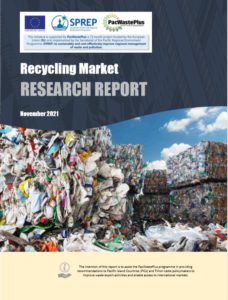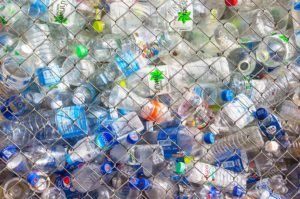
Resources
Browse our full library of in-depth resources and publications
The PacWastePlus programme team is committed to producing meaningful and valuable publications and resources that provides guidance for improving waste management in the Pacific
Search
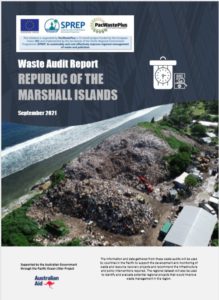
Technical Report
RMI Waste Audit Report
The information and data gathered from these waste audits will be used by countries in the Pacific to support the development and monitoring of waste and resource recovery projects and recommend the infrastructure and policy interventions required. The regional dataset will also be used to identify and evaluate potential regional projects that would improve waste management in the region.
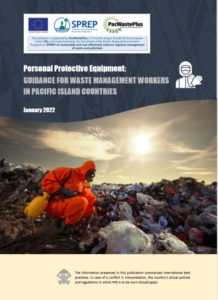
Booklet
Personal Protective Equipment: Guidance for Waste Management Workers in Pacific Island Countries
The information presented in this publication summarizes international best practices. In case of a conflict in interpretation, the country's actual policies and regulations in which PPE is to be worn should apply.
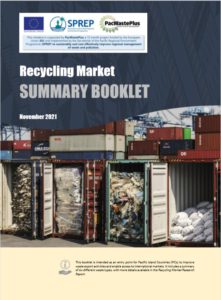
Booklet
Recycling Market: Summary Booklet
This booklet is intended as an entry point for Pacific Island Countries (PICs) to improve waste export activities and enable access to international markets. It includes a summary of six different waste types, with more details available in the Recycling Market Research Report.
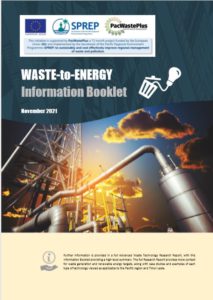
Booklet
Waste to Energy Information Booklet
Further information is provided in a full Advanced Waste Technology Research Report, with this Information Booklet providing a high-level summary. The full Research Report provides more context for waste generation and renewable energy targets, along with case studies and examples of each type of technology viewed as applicable to the Pacific region and Timor Leste.
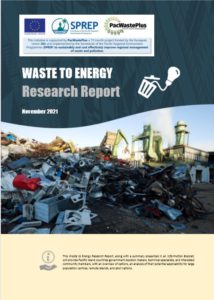
Technical Report
Waste to Energy Research Report
This Waste to Energy Research Report, along with a summary presented in an Information Booklet, will provide Pacific Island countries government decision-makers, technical specialists, and interested community members, with an overview of options, an analysis of their potential applicability for large population centres, remote islands, and atoll nations.
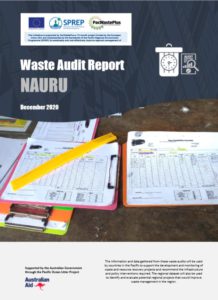
Technical Report
Nauru Waste Audit Report
The information and data gathered from these waste audits will be used by countries in the Pacific to support the development and monitoring of waste and resource recovery projects and recommend the infrastructure and policy interventions required. The regional dataset will also be used to identify and evaluate potential regional projects that would improve waste management in the region.
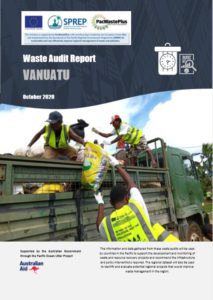
Technical Report
Vanuatu Waste Audit Report
The information and data gathered from these waste audits will be used by countries in the Pacific to support the development and monitoring of waste and resource recovery projects and recommend the infrastructure and policy interventions required. The regional dataset will also be used to identify and evaluate potential regional projects that would improve waste management in the region.
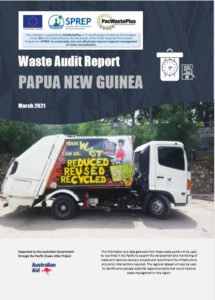
Technical Report
Papua New Guinea Waste Audit Report
The information and data gathered from these waste audits will be used by countries in the Pacific to support the development and monitoring of waste and resource recovery projects and recommend the infrastructure and policy interventions required. The regional dataset will also be used to identify and evaluate potential regional projects that would improve waste management in the region.
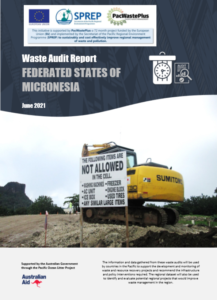
Technical Report
Federated States of Micronesia Waste Audit Report
The information and data gathered from these waste audits will be used by countries in the Pacific to support the development and monitoring of waste and resource recovery projects and recommend the infrastructure and policy interventions required. The regional dataset will also be used to identify and evaluate potential regional projects that would improve waste management in the region.
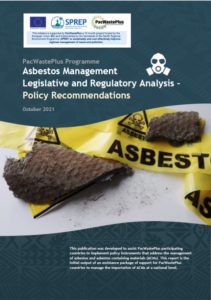
Booklet
Asbestos Management Legislative and Regulatory Analysis – Policy Recommendations
This publication was developed to assist PacWastePlus participating countries to implement policy instruments that address the management of asbestos and asbestos containing materials (ACMs). This publication is the initial output of an assistance package of support for PacWastePlus countries to manage the importation of ACMs at a national level.
Newsletter Subscription
Would you like to subscribe to our quarterly programme newsletter-The Connection?
We care about the protection of your data. Read our Privacy Policy.
Newsletter Signup
To sign up to our newsletter, enter the information below and we will add you to our mailing list for all future regional and project updates.

